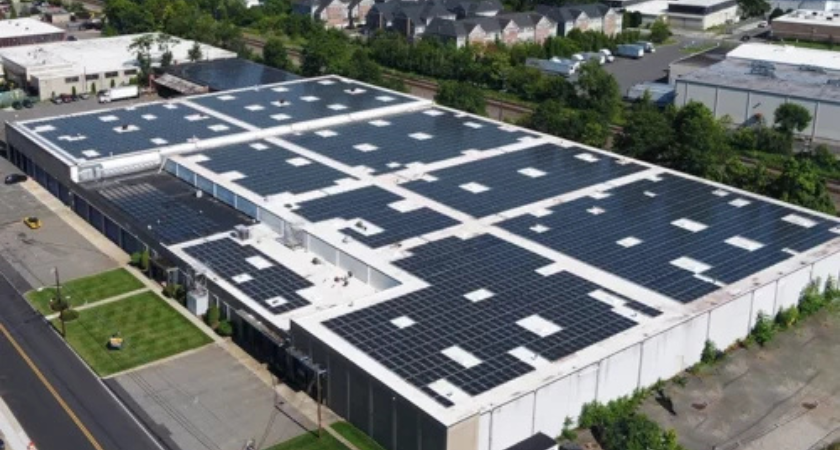
New Jersey is taking another major step forward in its clean-energy strategy with the launch of the RETROFIT NJ Grant Program, a newly approved initiative designed to support large-scale upgrades that improve building sustainability and reduce costs. Building on the state’s existing NJ Cool program, the New Jersey Economic Development Authority (NJEDA) will now provide significant new funding for comprehensive retrofits — including solar paired with battery storage — across commercial, industrial, and institutional facilities.

“New Jersey is leading the nation in building a cleaner and more resilient future,” said Gov. Phil Murphy. “The RETROFIT NJ Grant Program strengthens our commitment to reducing emissions, cuts energy costs, and drives innovation across our state. By investing in retrofit projects, we are not only protecting our environment, but also creating good-paying jobs and lowering costs for families and businesses.”
Under the new initiative, grant awards will range between $2.5 million and $12.5 million for retrofit projects with a minimum cost of $5 million. Eligible buildings must incorporate at least three electrification or clean-energy improvements, such as:
The initiative also positions New Jersey as a leader in the adoption of Thermal Energy Networks (TENs) — a technology capable of reducing emissions across multiple connected buildings. With up to $12.5 million per project available, the program is now the largest U.S. government construction grant fund dedicated to TENs.
“New Jersey is committed to combating climate change through impactful programs that aim to reduce our carbon footprint and promote a greener state,” said NJEDA chief economic transformation officer Kathleen Coviello. “With today’s approval of the RETROFIT NJ program, we’re expanding access to energy-efficient upgrades, strengthening our communities and economy, while helping businesses reduce energy use and save money.”
.jpg)
Like NJ Cool, the program will continue focusing on projects located in State-designated Overburdened Communities (OBCs) — areas historically impacted by pollution and high utility burdens. For the first year, half of the program’s funds are set aside for:
The program will be powered by $75 million in Regional Greenhouse Gas Initiative (RGGI) funds and will reimburse:
Grant coverage includes design work, engineering, equipment procurement, construction, and final commissioning — helping organizations overcome financial hurdles to deep energy retrofits.
Applications will be accepted on a rolling basis with phased payouts, allowing qualified building owners to move ahead as soon as they are prepared with project plans.
Originally reported by Kelsey Misbrener in Solar Power World.